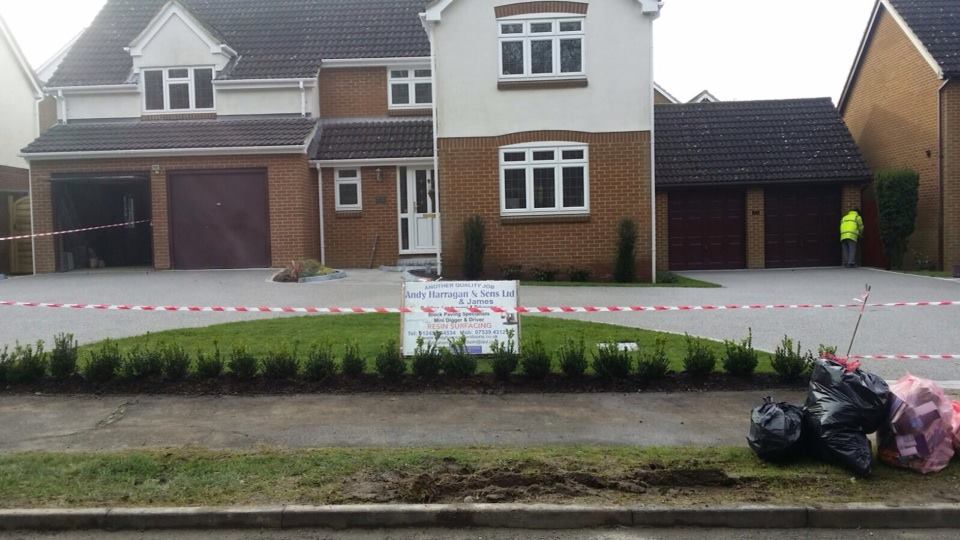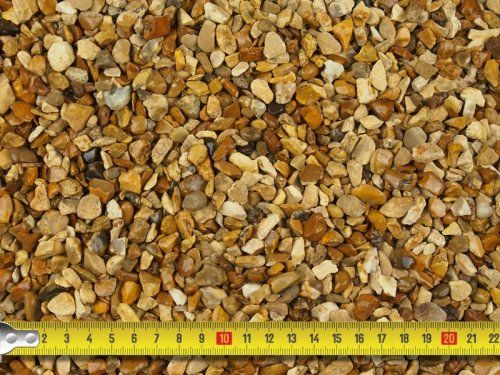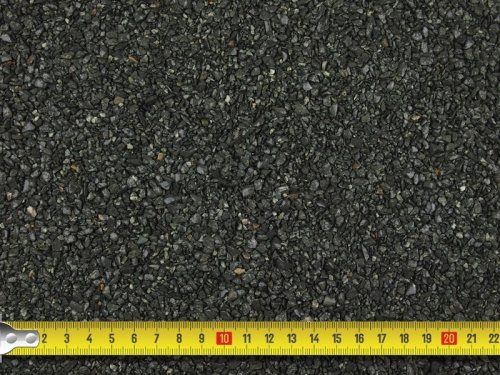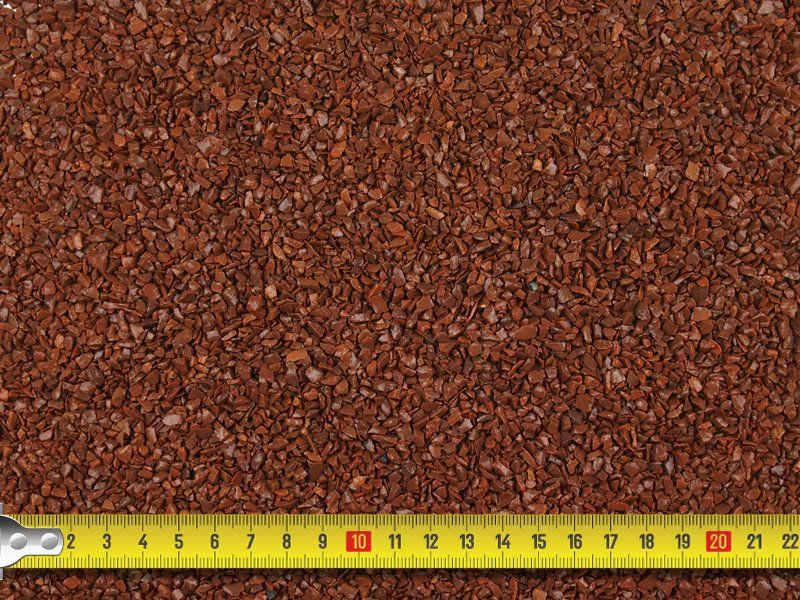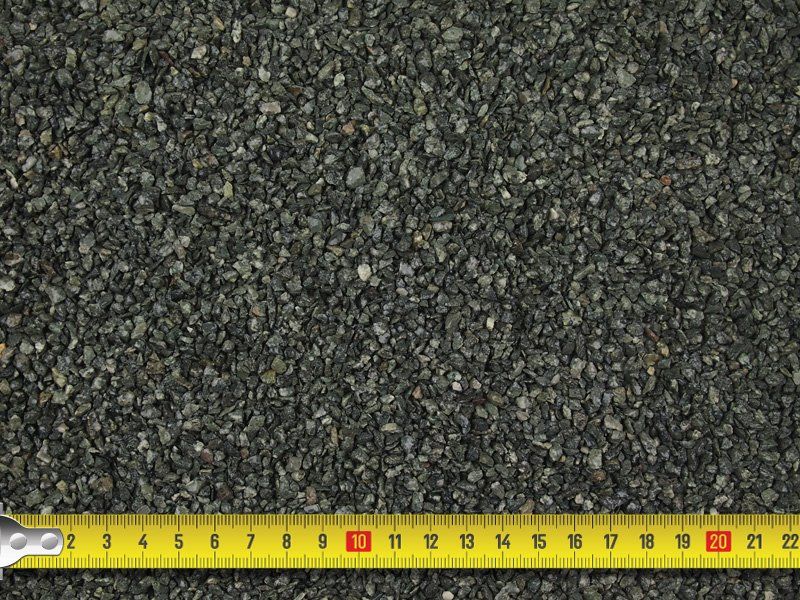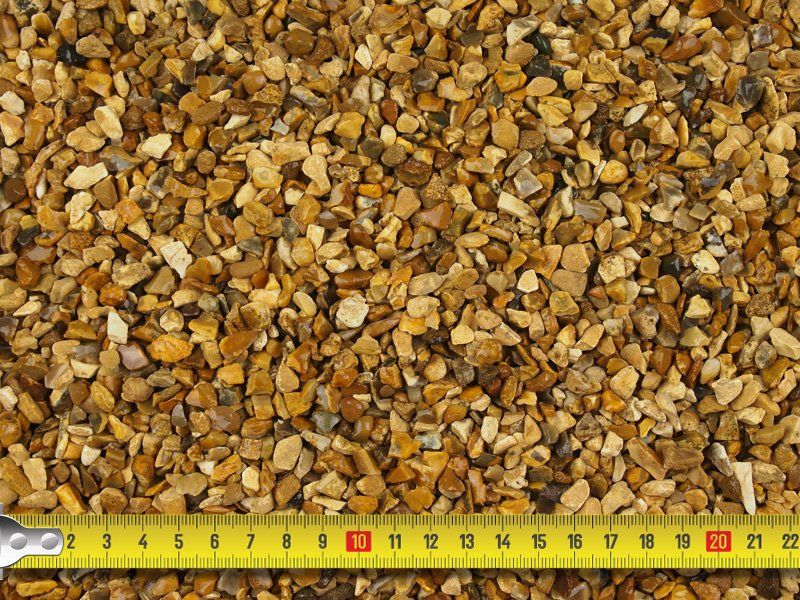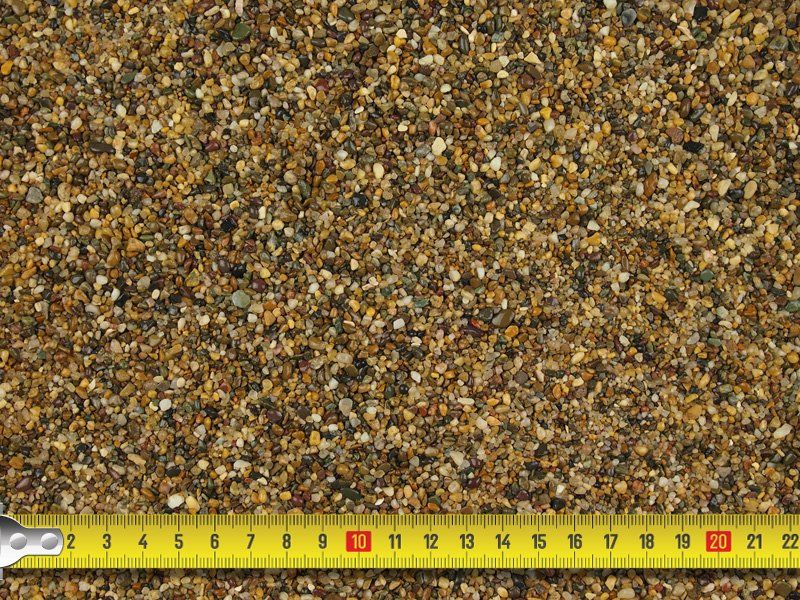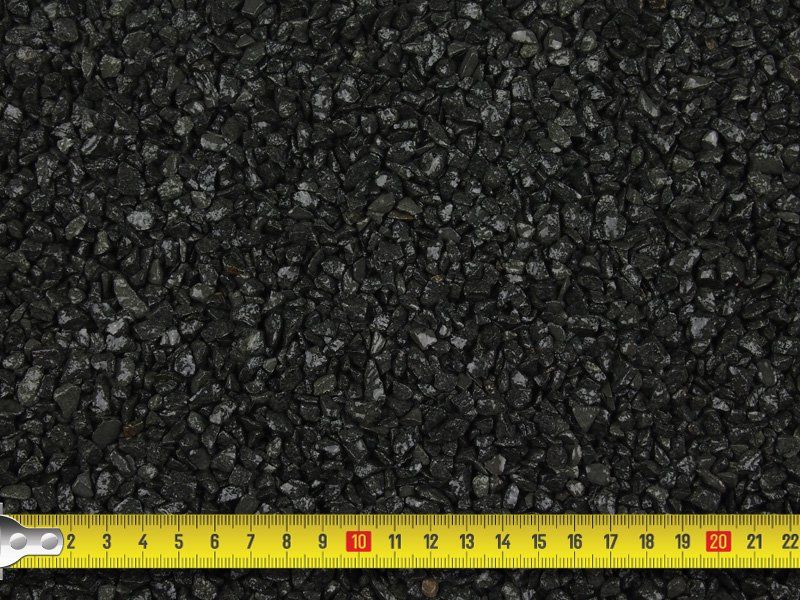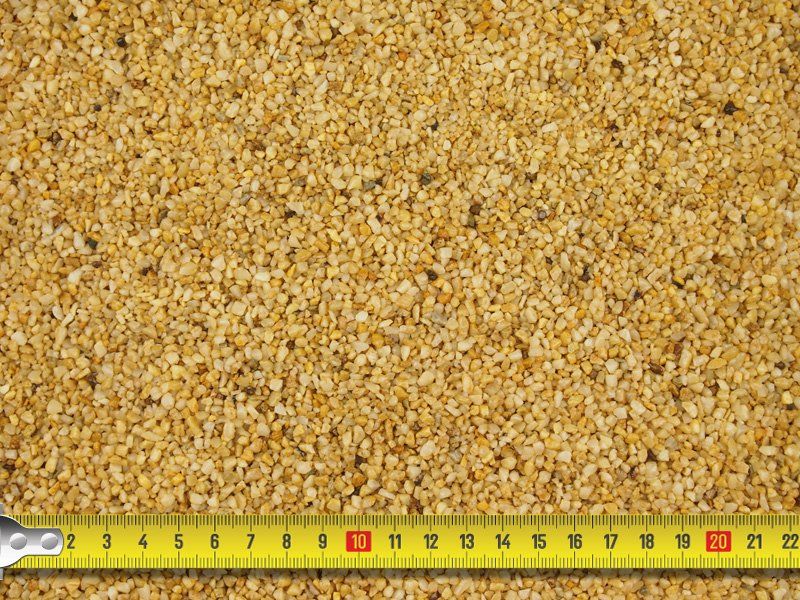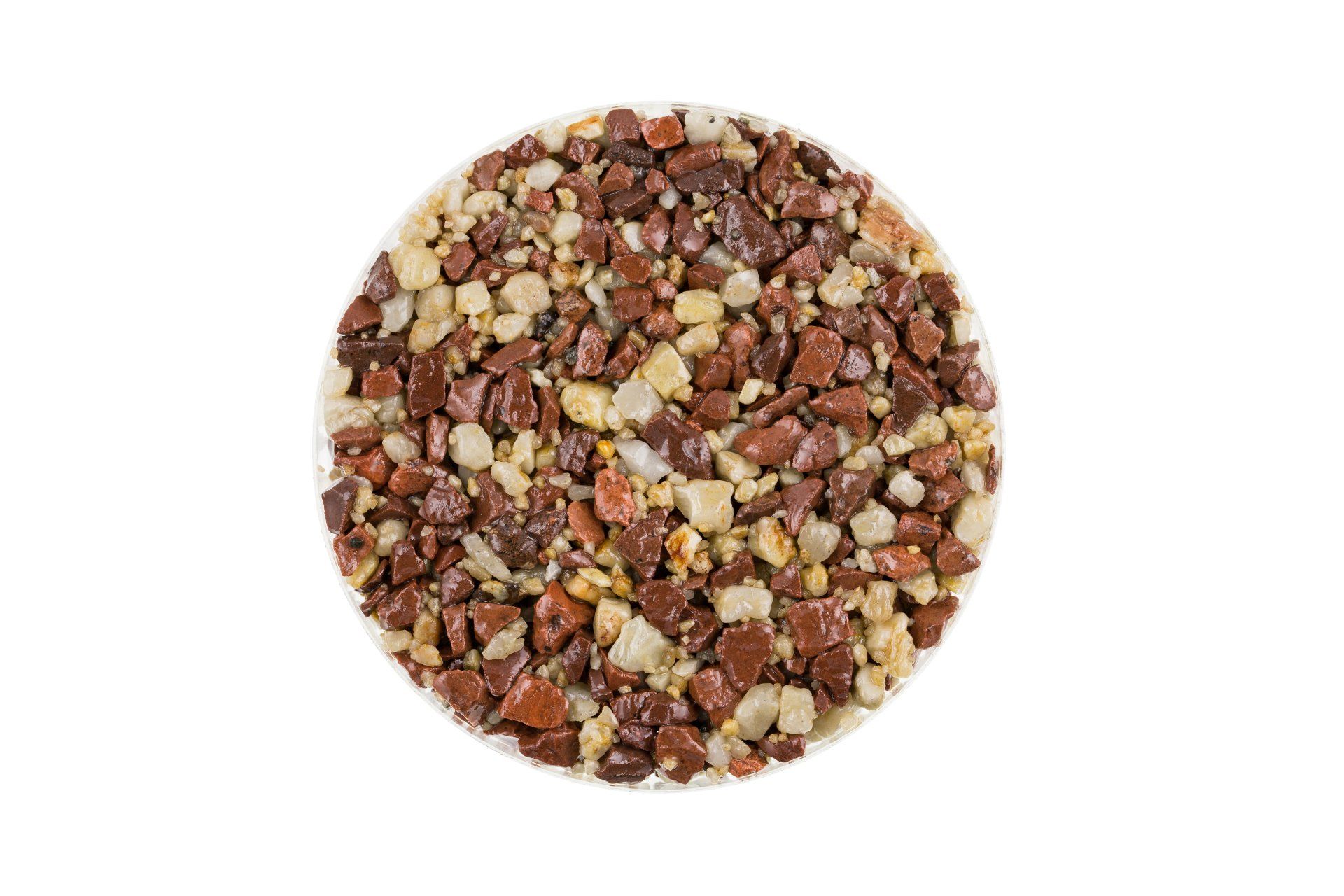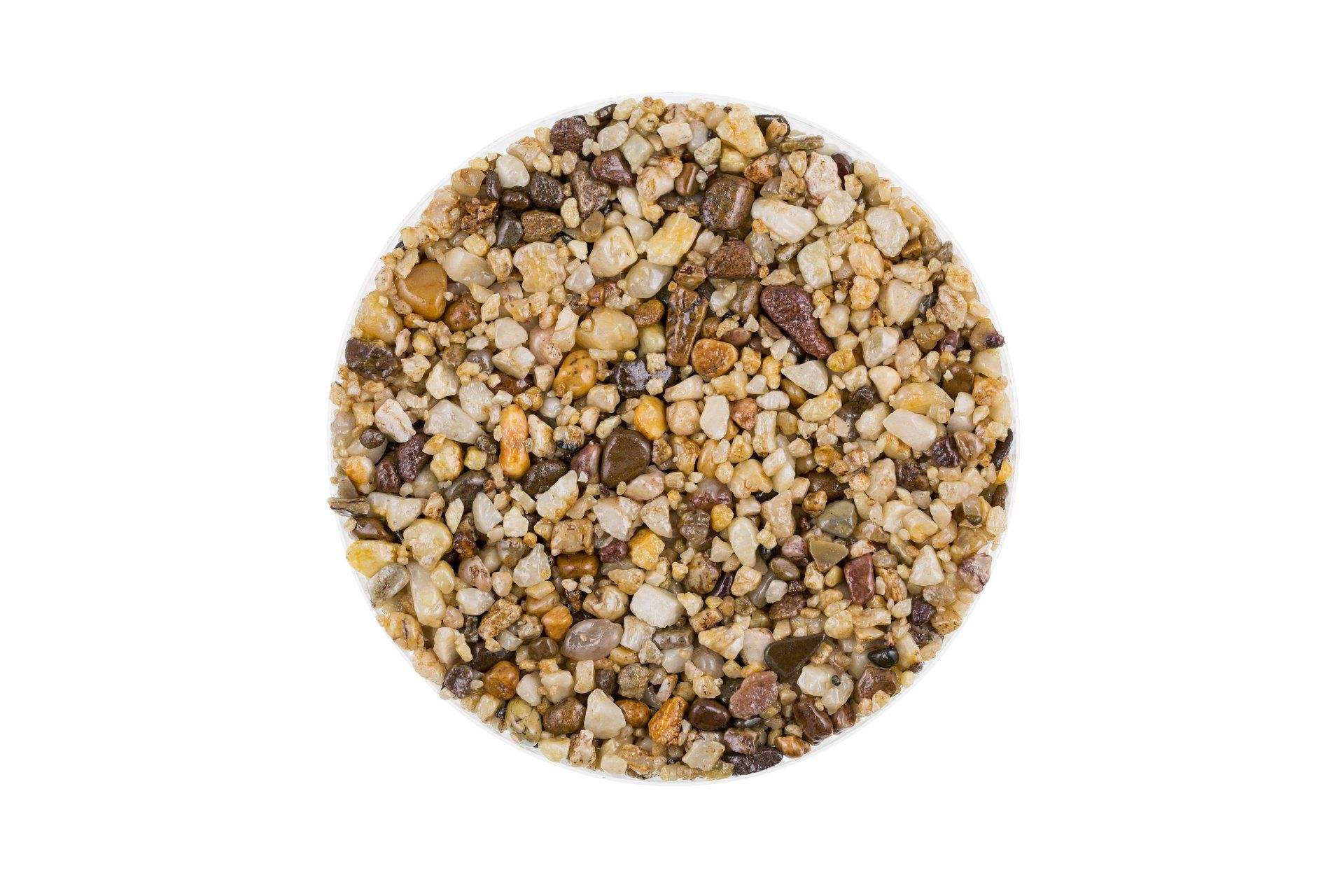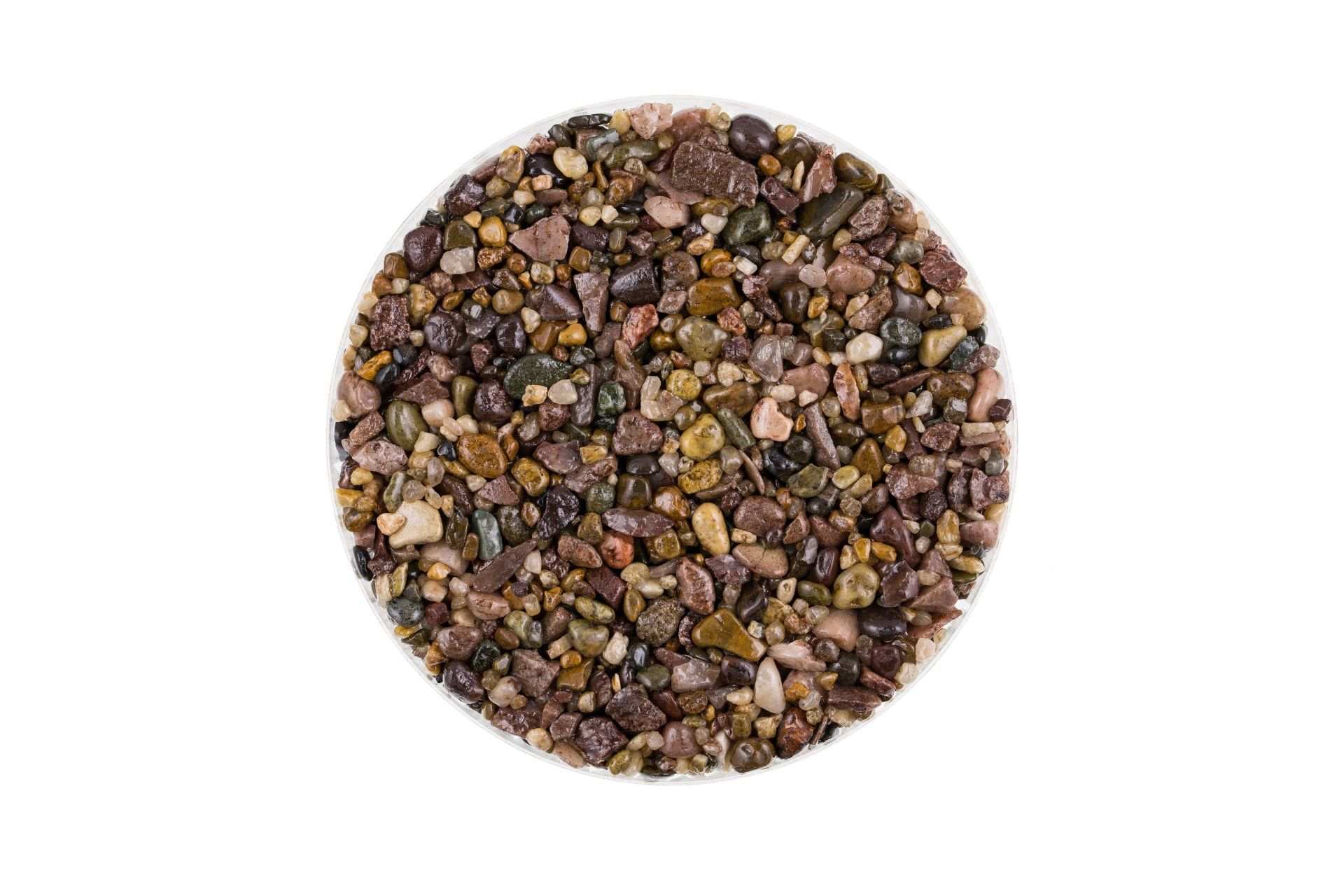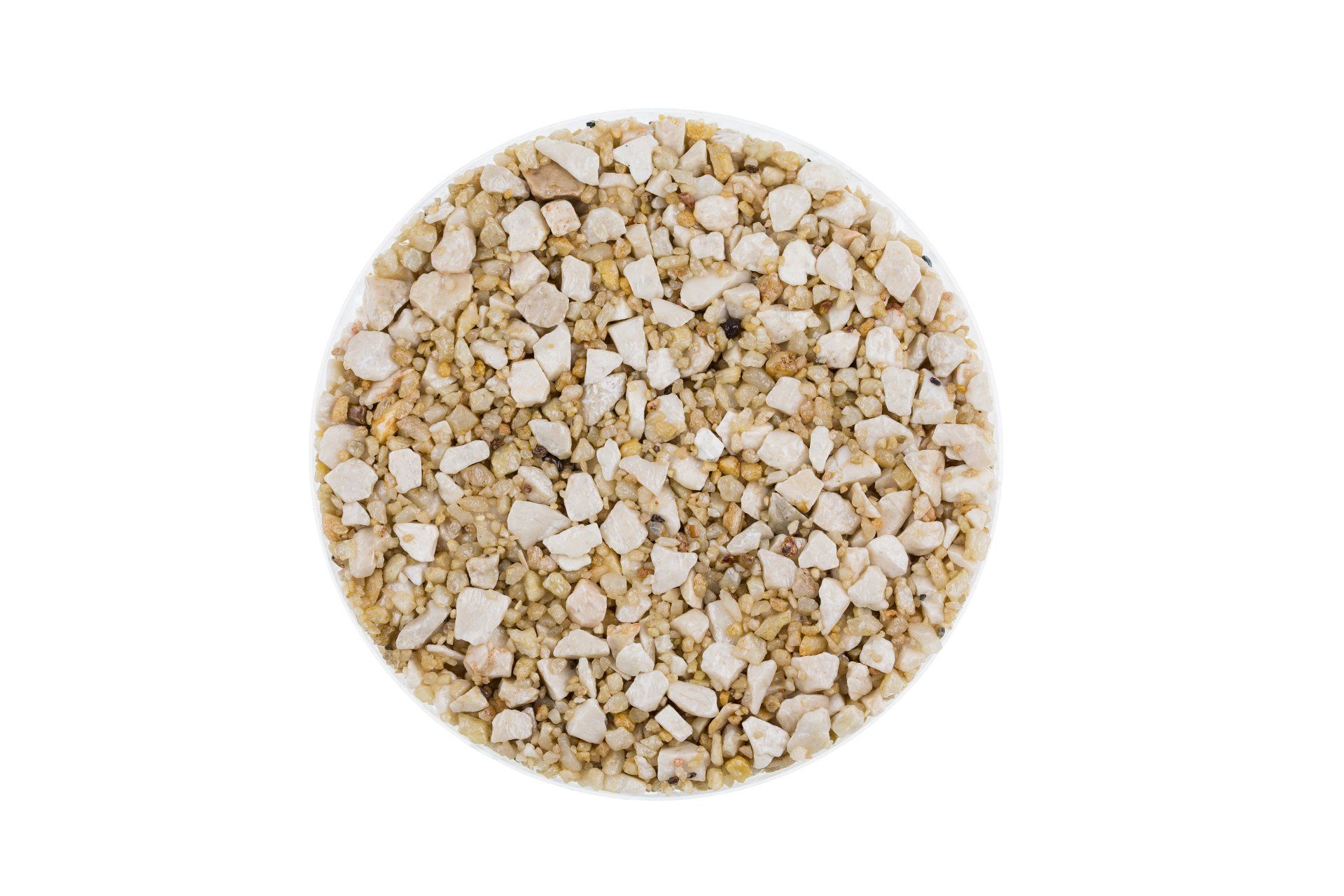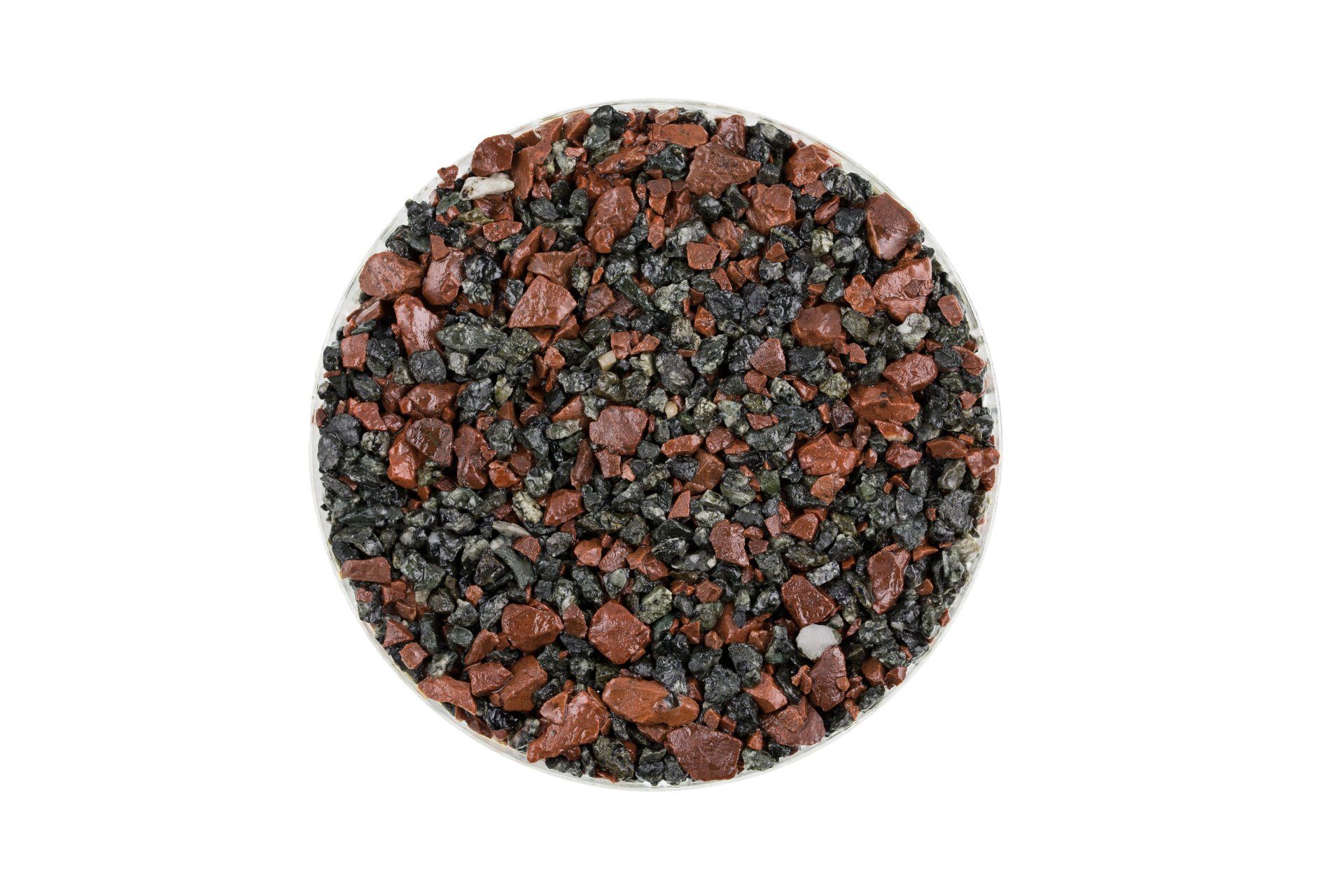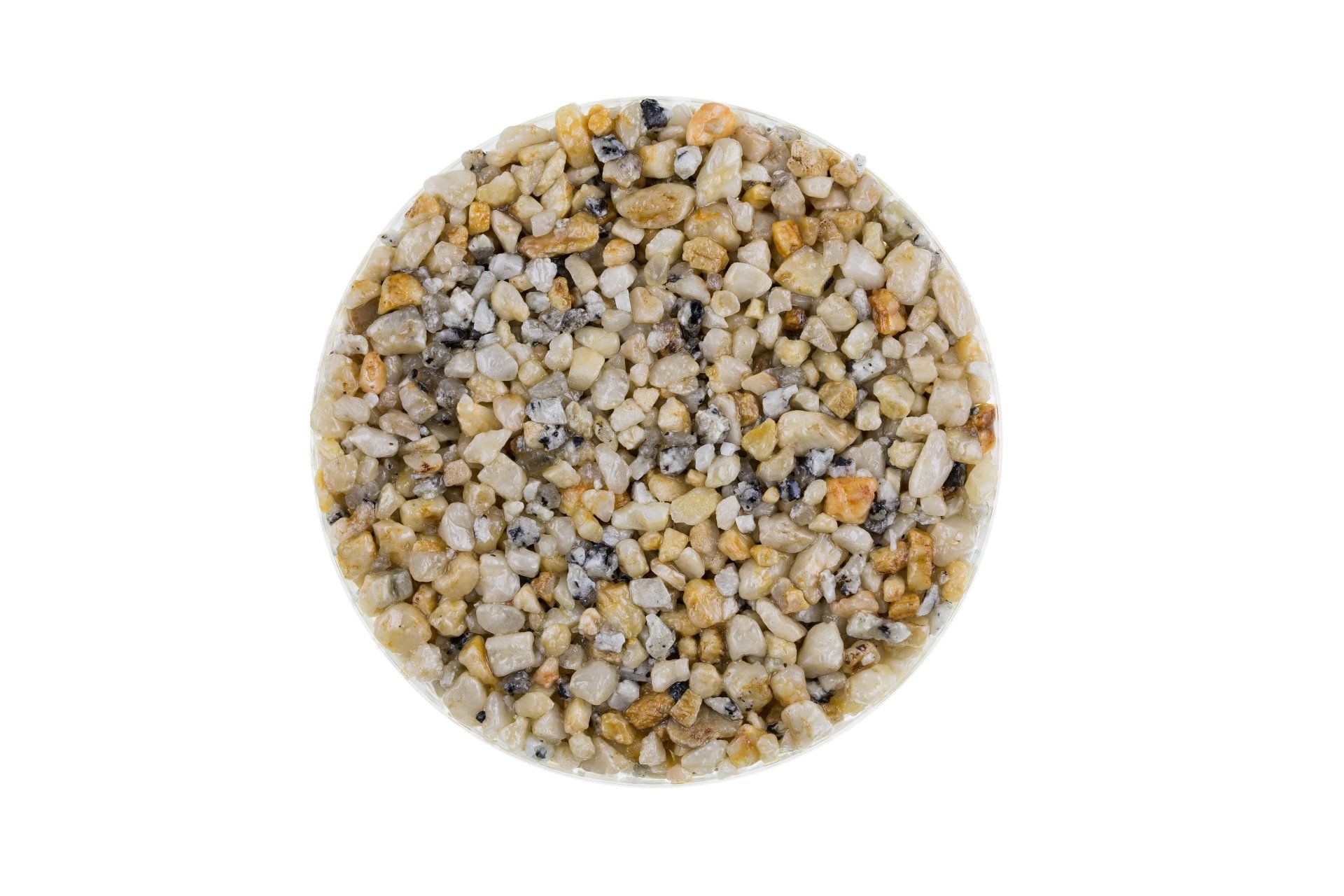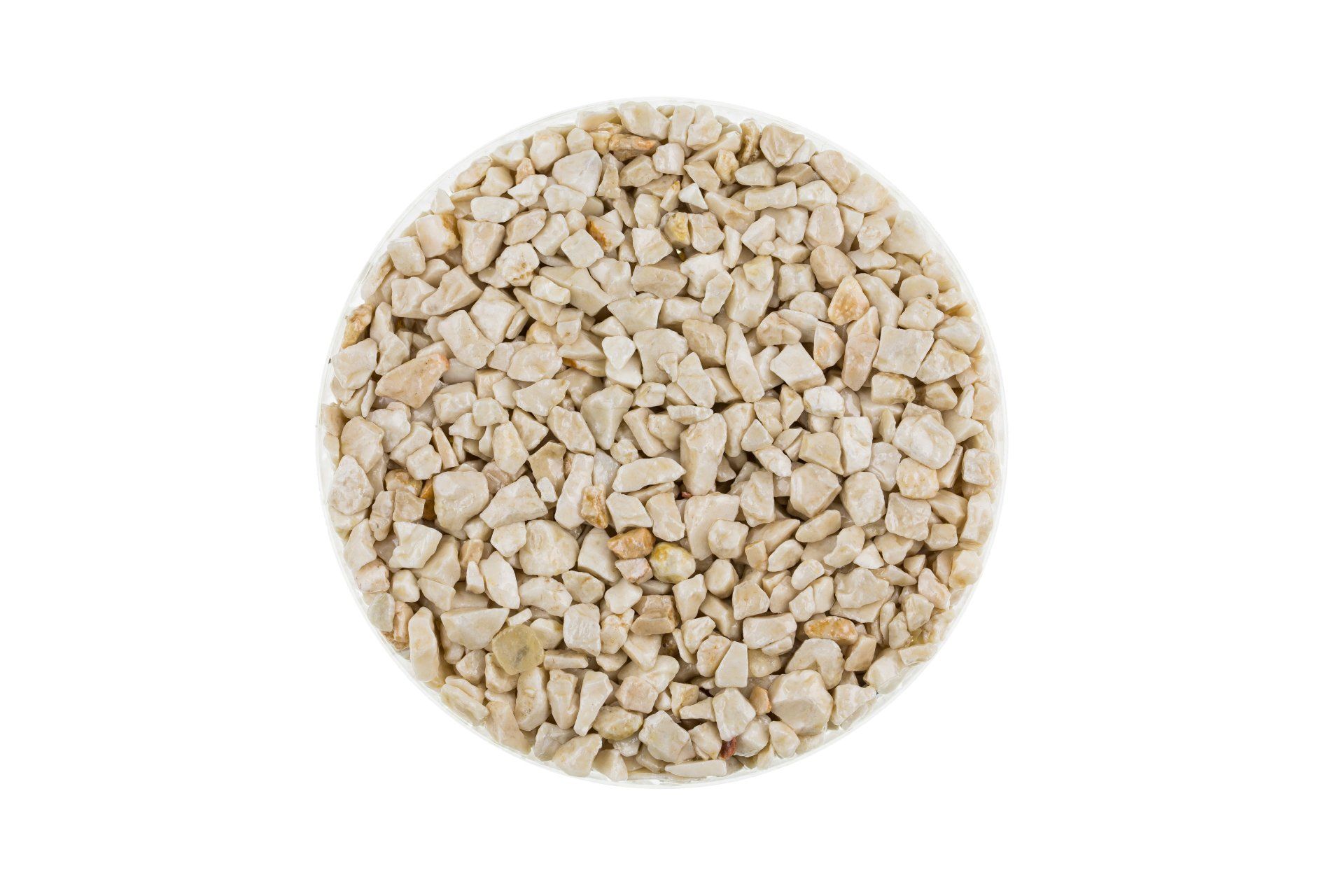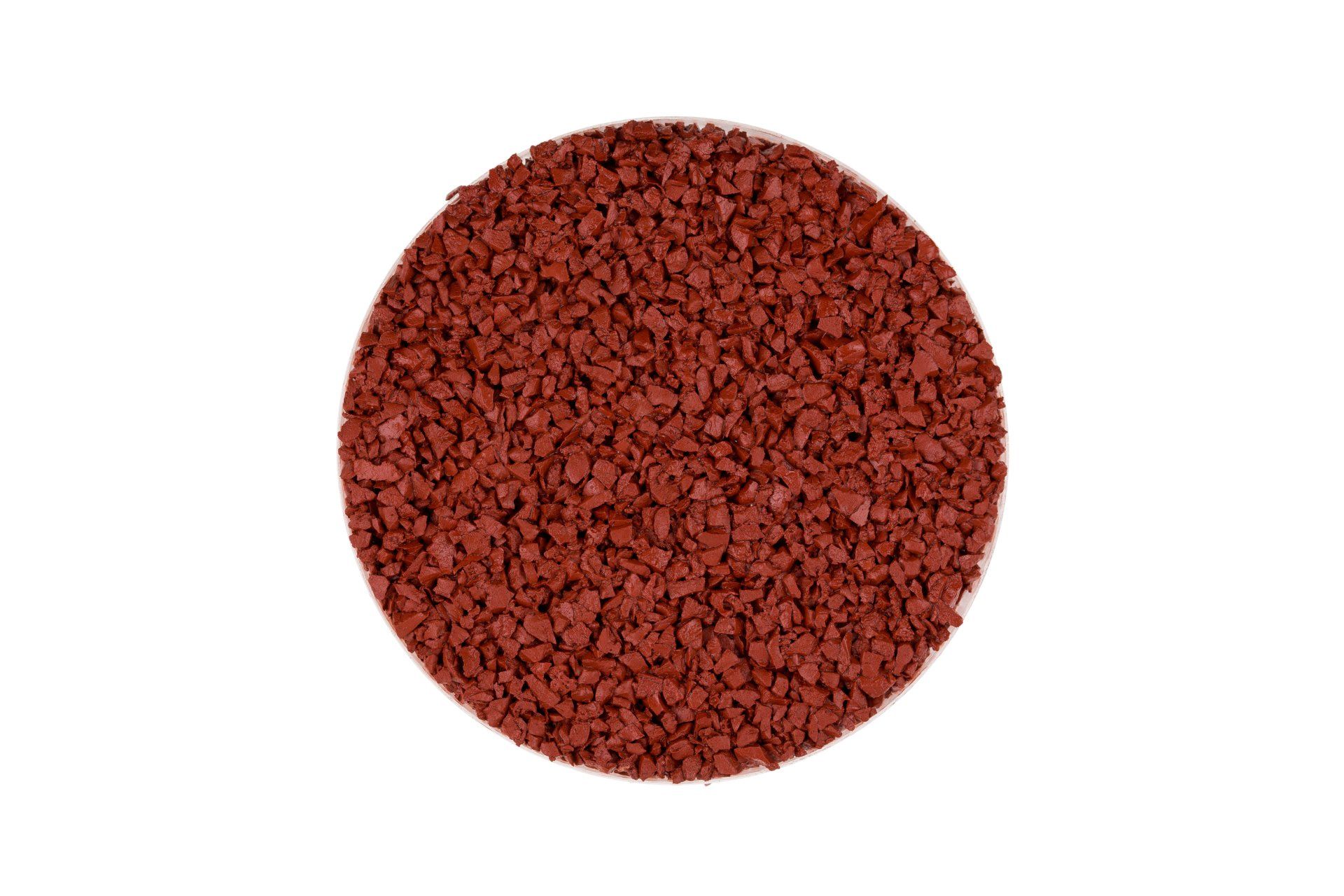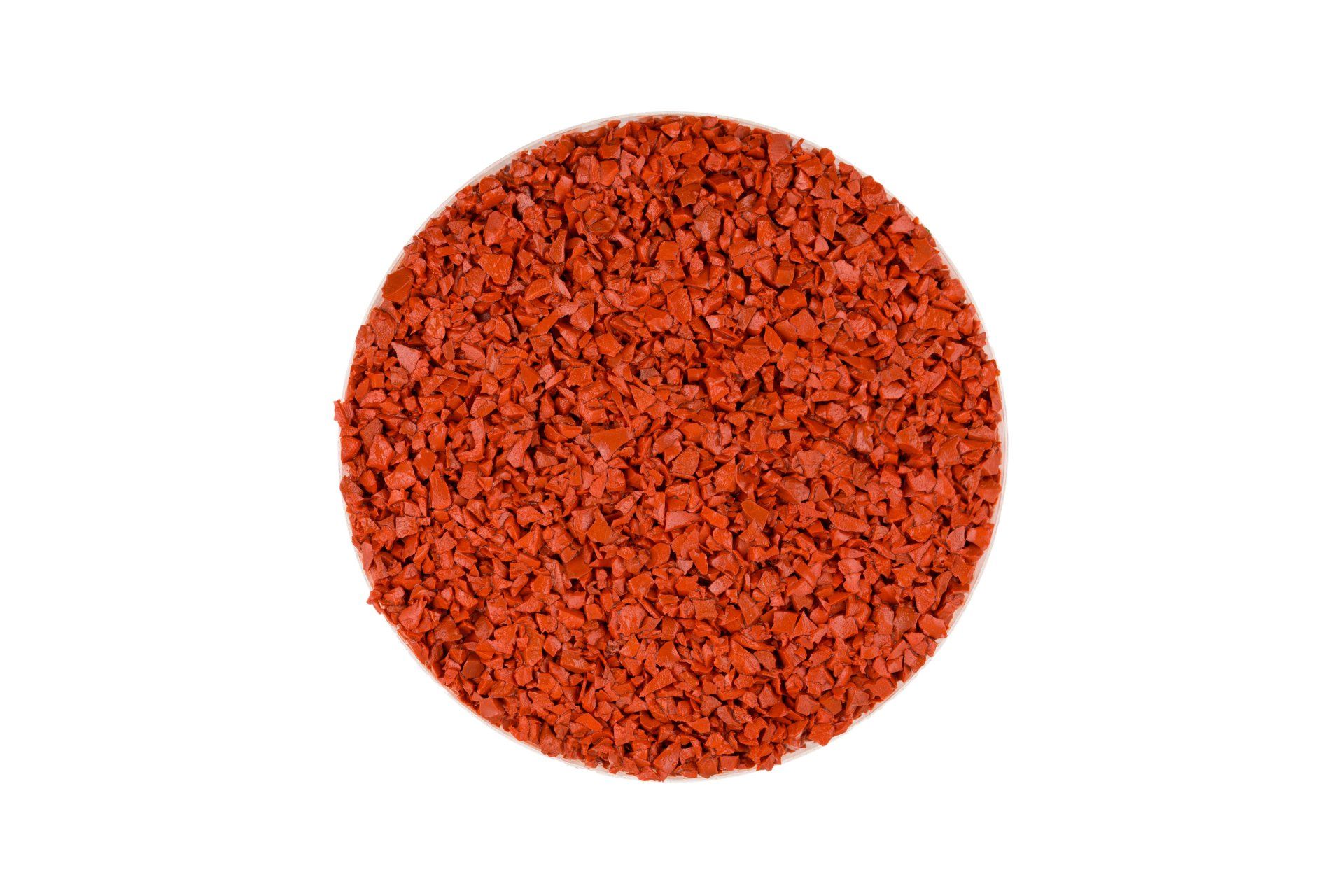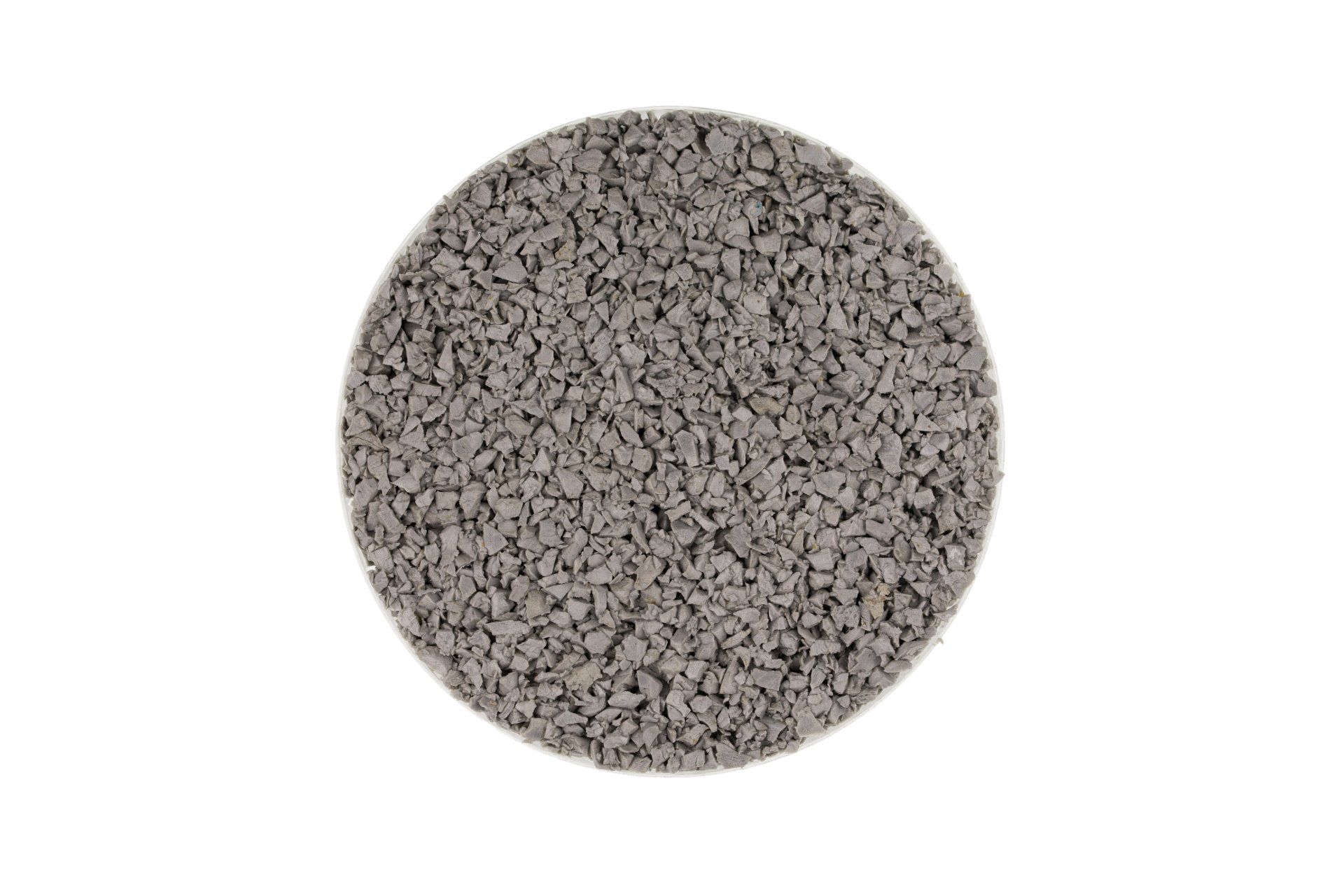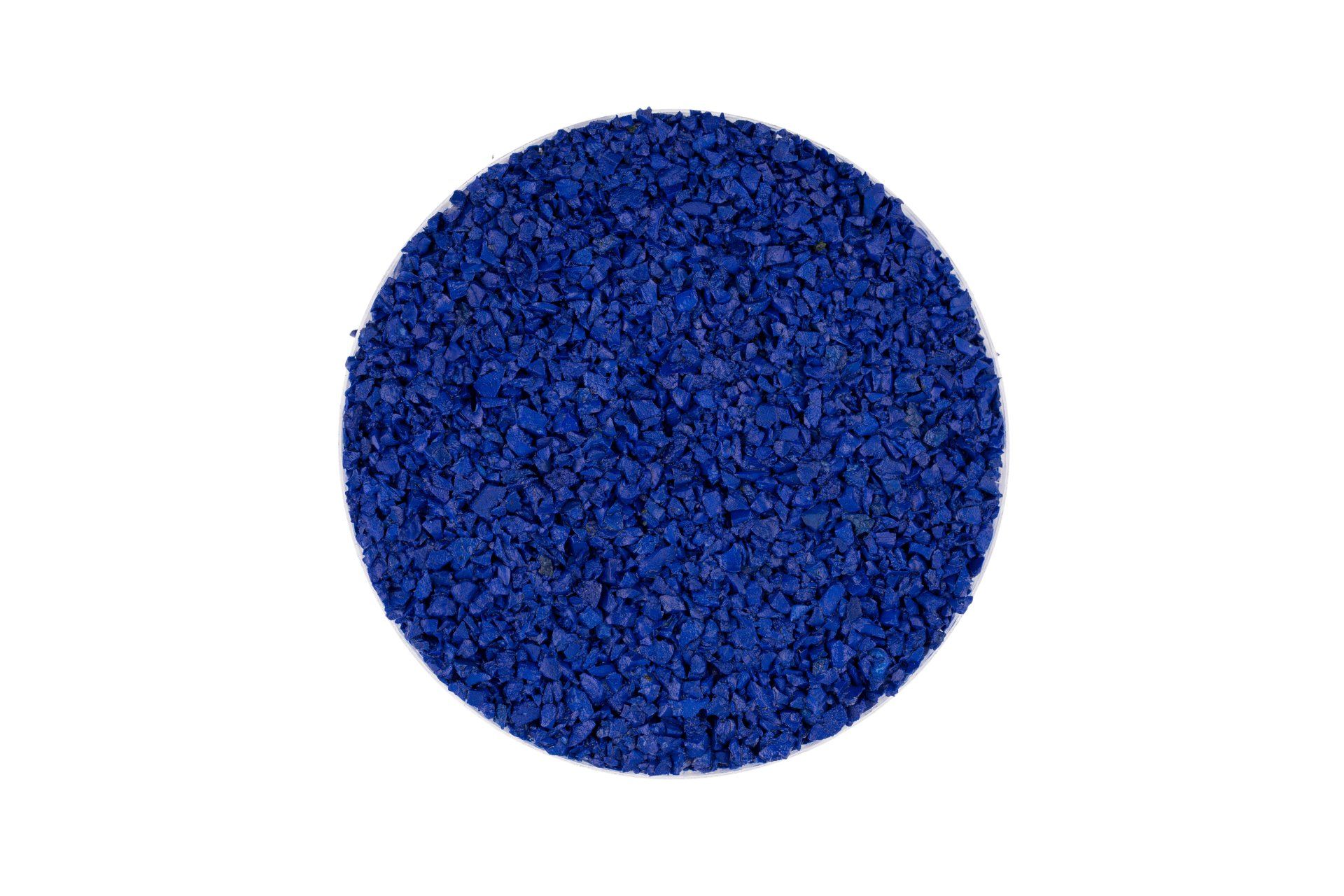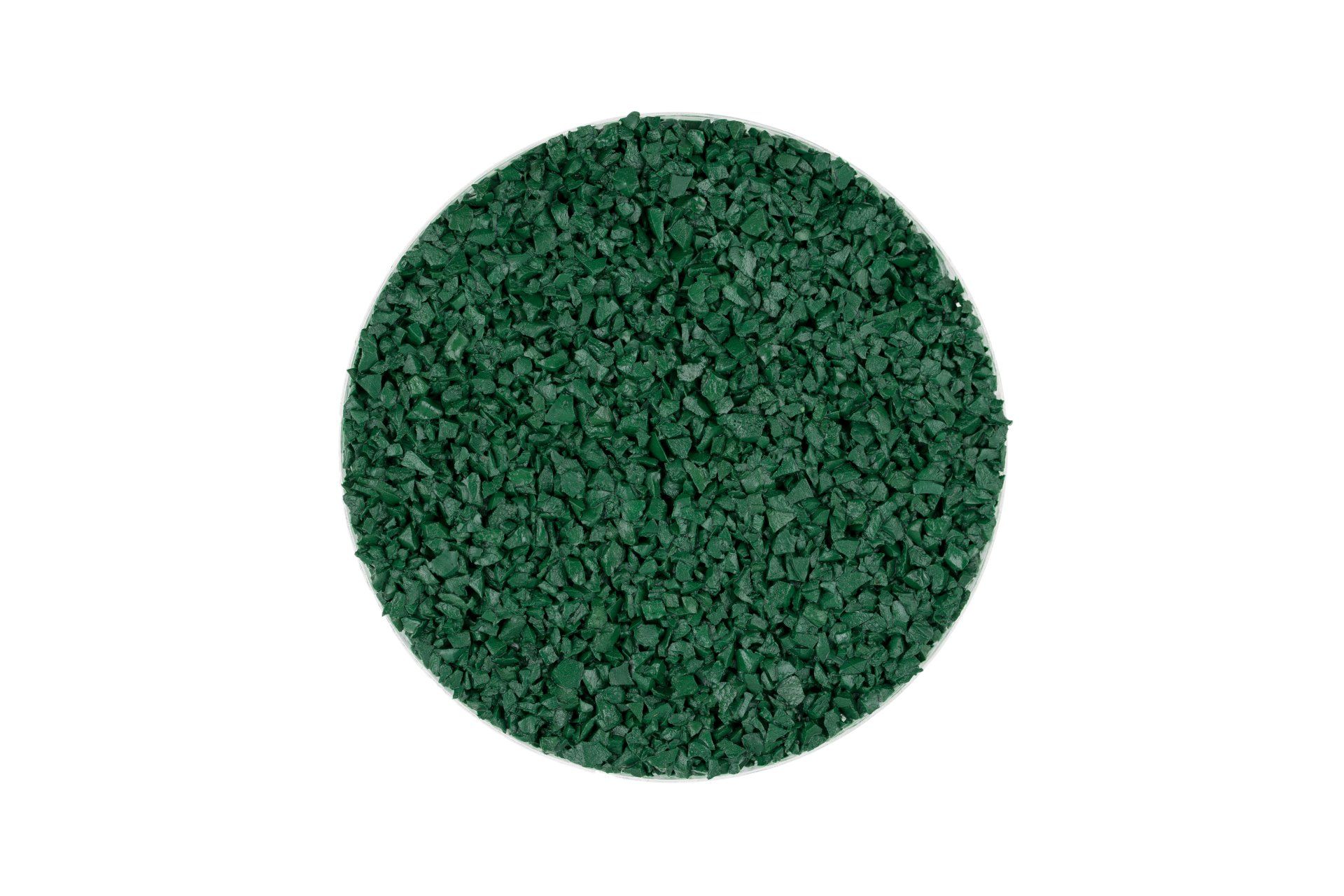15 Years Working In The Resin Industry
Covering The Whole Of The UK
ABOUT RESIN SURFACES
Resin surfaces are a combination of aggregate stones and resin used to pave footpaths, driveways, etc. There are many different systems used to lay a surface. The system is mixed on site and cold applied. Andy Harragan and Sons
uses high-quality, clear resin binders from manufacturers such as Geoveko.
Key benefits are:
- Laid and dries in a matter of hours
- No Planing Permission Required
- Conforms to SUDS Regulations
- Anti-Slip Surfacing
- Wheelchair Friendly
- Resin-Bound
The resin bound process pre-mixes the resin and aggregate together prior to laying. It is both permeable and flexible, so water can run through and it is resistant to cracking. Unlike other methods of resin based surfacing, resin and aggregates are thoroughly mixed together prior to laying, ensuring that the aggregate is completely coated and so providing a totally bound surface.
As a result, a resin bound surface is more durable and requires less maintenance; it only needs a sweep or power wash the paving twice a year to avoid the buildup of detritus and prevent the growth of moss or algae.
Resin bound paving is a fully permeable paving solution which allows water to freely drain through the surface. Meeting the requirements of Sustainable urban drainage systems (SUDS) standards, this helps to prevent standing water and largely eliminates surface water runoff.
Resin bound is ideal for:
- Footpaths
- Driveways
- Roadways
- Cycle Paths
- Swimming Pools
- Trees Pits
- Wet Rooms
- Play Areas
- Patios
- Estate Roads
- Courtyards
- Garden Design
Resin bonded surfacing is often referred to as a scatter system. It involves mixing the resin with a drill and paddle and pouring it on to the surface. The resin is then spread out using a roller, trowel or notched squeegee to a typically thickness of 1mm. The aggregate is then broadcast over the top of the resin ensuring complete coverage. Once the resin has cured the surface should be swept or hoovered to remove any loose aggregate that has not bonded to the surface. Once the loose aggregate has been removed, the resin bonded surfacing should be sealed using a UV stable polyurethane coating. This will provide a more durable surface, improved retention of aggregates, enhanced decoration and also resistance to UV light.
The broadcasting of the aggregate leaves you with a rough, textured finish and high friction surface. This means it is ideal for:
- Footpaths
- Driveways
- Roadways
- Cycle Paths
- Swimming Pools
- Trees Pits
- Wet Rooms
- Play Areas
- Patios
Resin bonded systems are non porous. If not already in place when installing a resin bonded surfacing system, you would need to install drainage systems to prevent build up of water on the surface.
Rubber crumb
Rubber crumb surfaces are manufactured using recycled tyres which makes them an environmentally friendly product. It is available in a wide variety of colours and patterns and can be applied to almost any area to make a seamless, smooth, and porous surface.
Rubber crumb is the ideal surface product for any area where there is a risk of falling, particularly where young children or elderly people are present. The finished surface is highly resistant to rust, oil, corrosion, salt or cracking due to changes in temperature. Rubber Crumb Surfaces are suitable for a wide variety of uses including:
- Driveways
- Children’s play areas
- Sports area
- Athletic tracks
- Golf tee area
- Garden paths
- Boat deck surfaces
- Decorative durable and safety flooring
Our Client Base;
- Marlborough
- Premier Civil Engineering
- McDonald's
- Resin Mill
- Chandler Material Supplies
- March Building
- Excell
- Gilliard Homes
- Mason Building
- MP Dunn
- Anglo University
Samples Of Aggregates From
The Resin Mill





